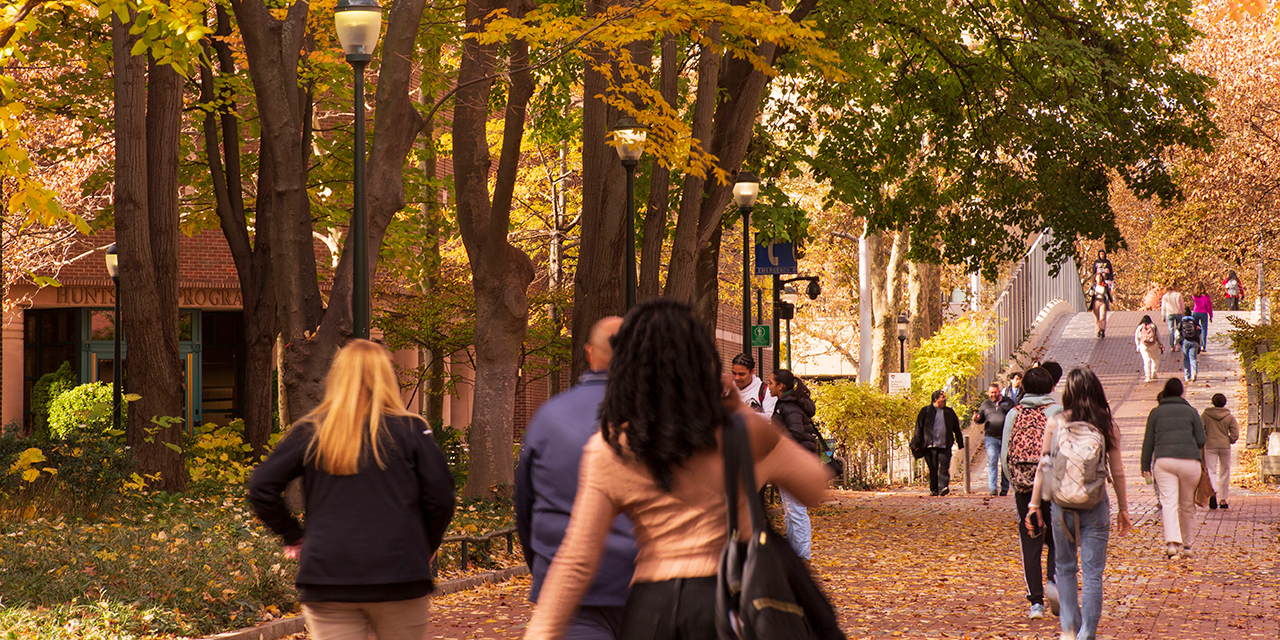America is reeling. Before we could emerge from the fog of Covid-19, we were thrust into the saga of the George Floyd killing and the subsequent unrest. When events like this play out before a nation on video, raw emotion can erupt. In this case, it was amplified by shelter-in-place orders, massive unemployment claims, and small businesses teetering on extinction.
Over the past two weeks, we have seen peaceful protests, but also looting, businesses torched, attacks on police, and the desecration of some of the nation’s most revered memorials. All of this is numbing. Recently, I thought that I had finally turned the corner on my anger over the Floyd killing. (I’m African-American myself.) “Where do we go from here?” I wondered. “How do we get something positive out of this?”
But then the demands shifted. Cries for justice morphed into “Defund the police.” We started hearing calls from white Americans to do something to help ease the difficulties blacks are facing. On the surface, this seems good; the intentions definitely are good. The problem is that, with no context or reference to what is needed in the black community, and often with few black friends or colleagues to consult, many Americans—from those in corporate America to vocal social media consumers—are throwing support and resources behind Black Lives Matter, without considering carefully what the group actually stands for.
Black Lives Matter was started in 2013 to shed light on mistreatment of and brutality against blacks by police, but it has become a radical leftist organization. The “Herstory” section of its website, for example, reads: “Black Lives Matter is an ideological and political intervention in a world where Black lives are systematically and intentionally targeted for demise.” This proclamation is demonstrably untrue: there is no evidence that anyone—including the police and white supremacists—is killing black people in a targeted campaign, nor are the numbers of such deaths significant compared with the number of blacks killed by other blacks. But beyond BLM’s inflammatory and false rhetoric, there are important reasons to avoid the group.
“Defund the police” is the new rallying cry of the “woke,” and BLM is the leader of this dangerous push. Defunding police would make the neighborhoods that activists profess to care about less safe. Neighborhoods with higher than average crime tend to have many black residents, and police offer the only defense from criminals. Defunding the police puts a disproportionately dangerous burden on the elderly and vulnerable in these neighborhoods—and on business owners, who would not be able to rely on police protection against the destruction of their stores or other places of business. Those promoting the defund-the-police idea either live in low-crime areas, can afford private security, or are radically misinformed about the nature of crime in the United States.
BLM was started by three black women, but their stated goal—to achieve equality for blacks—masks a different agenda. In the “What We Believe” section of the BLM site, they highlight the work they do to “dismantle cisgender privilege” and their desire to “disrupt the Western-prescribed nuclear family structure”—a structure that many, including myself and Kanye West, believe is key to rebuilding black communities. The mission statement mires a message that should be about black lives in a slew of buzzwords and Marxist psychobabble. Not all the sentiments are bad, but none will create positive change in the black community.
I’ve never known of a nonprofit organization more than two years old and with national name recognition that posts no financial report on its site and no glowing list of “wins.” Most charities get donations by pulling at your heartstrings, highlighting all the lives they have touched. The only thing remotely resembling action on the Black Lives Matter website is a timeline under “Global Actions,” listing activism on behalf of illegal immigrants. Even this consists mostly of petitions and demonstrations.
Many well-intentioned people want to support the black community, especially now. We need to point them in the right direction. The most vulnerable blacks, and the ones most adversely affected by racism, are struggling financially. The best thing that we can do for them is lift them out of poverty. Defunding the police, dismantling the nuclear family, or focusing on immigration will not accomplish that goal.
Donating to charities that uplift and empower black Americans is the best way to make a difference. Mentorship programs, food banks, public-health facilities, black-owned businesses, violence-prevention programs, educational initiatives—if you want to make a difference in the black community, you have many good choices. Black Lives Matter is not one of them.
Photo by Stephanie Keith/Getty Images





